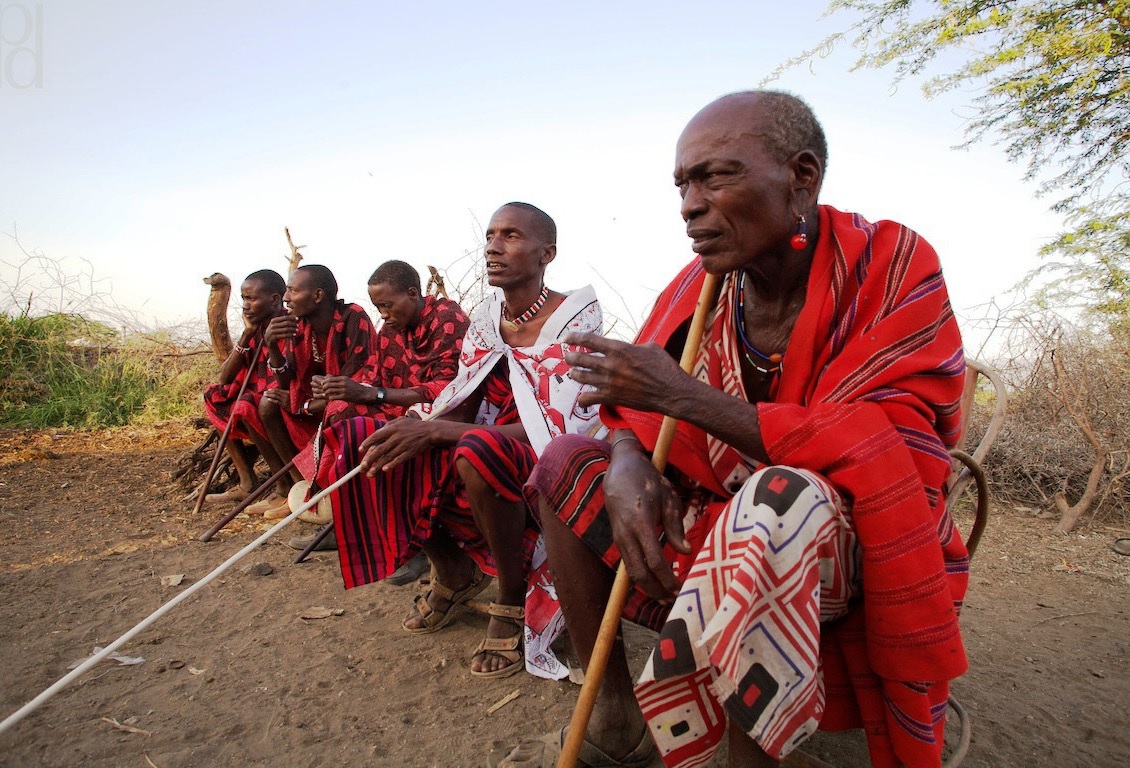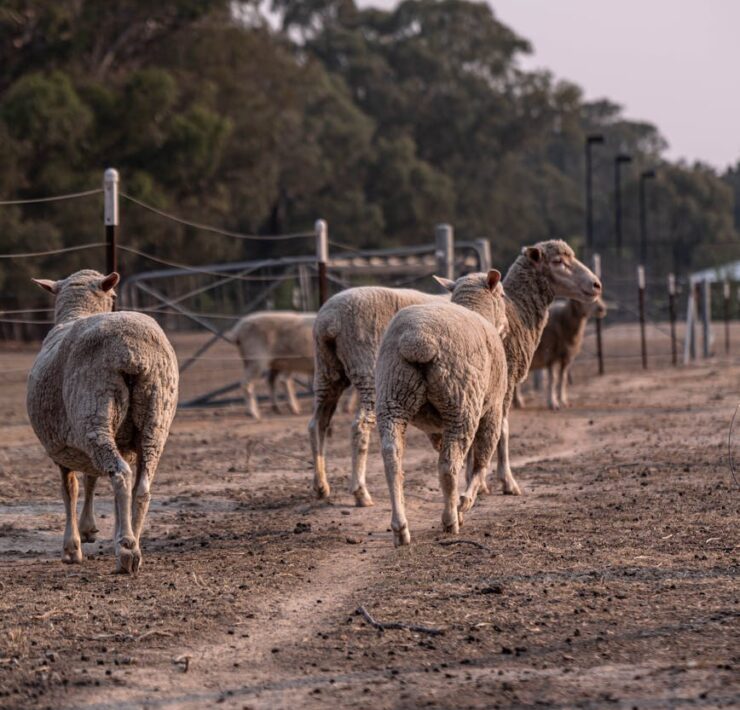
Norbert Mporoto is a Tanzanian Freelance Writer, Editor, Translator and…
Read Next
As Entitled in African Proverbs
Ubuntu is an African philosophy that places emphasis on ‘being human through other people’. It has been succinctly reflected in the phrase “I am because of who we all are”. Ubuntu echoes the African thought of acceptable ideas and deeds. Ubuntu can best be described as humanism from the African perspective, as proposed by the former head of the Zambian government, Dr. Kenneth Kaunda. It is Africa’s worldview of societal relations. It is a social and humanistic ethic. Simply, Ubuntu as a philosophy is attributable to blacks of Africa, especially sub-Saharan Africa. However, its application is now worldwide.
Africa, just like other continents in the world, enjoys its cultural heritage handed down from generation to generation. This sets an identity to the rest of the world and it’s a pride for Africans. Today, we will highlight the African proverbs and words of wisdom as among the cultural heritages that have been handed over verbally from generation to generation for over a thousand years, with most surviving colonialism, war and all forms of oppression. African proverbs contain principles and values, which the continent can currently benefit from in its pursuit of integrated sustainable development, knowledge and philosophy. The proverb intervenes in discourse to air a thought, to sum up public opinion, to clarify a point, to spur a debate, or to bring humor to serious matters. However, among all, the philosophy of Ubuntu-as-Unity is fundamental.
For the African continent, which has always been said by the white man to be devoid of culture, proverbs are cultural vehicles and windows through which it is possible to cast a look at the Africans’ world-view. They are also marked as African treasures, for they hold pure, indigenous, African-lived experiences and intuitions, knowledge and values, philosophy and principles that African societies can benefit from. They tell what it means to be African, because Africa is the birthplace of humankind and knowing its history is essential.
In the administration of justice, leaders were not expected to use violence or to intimidate disputants. This is why they say Mhosva haitongwi nepfumo (A case is not settled by a spear).
Norbert Mporoto
It is clear from these proverbs that African philosophy socializes people to think about others in society. Success and failure are viewed collectively and not on individual basis. Similarly, problems are resolved through consultation with the elders playing a leading role. Modern society could benefit from this approach by revitalizing components of the African thinking, which celebrates the collective, as opposed to individualism.
Africa is well known for being a land of peace, but that cannot be cherished without acknowledging the contribution of African proverbs, which are the vehicles of wisdom. African proverbs are a vital component of the indigenous knowledge systems of Africans, as they can be used to resolve conflict at both the micro and macro levels of society. It has further been revealed that proverbs incorporate the philosophy of Ubuntu, with an emphasis on social cohesion, giving rise to an empowering reconceptualization of what it means to be an African, as embodied in the term – Ubuntu-as-Unity. Again, Ubuntu philosophy is seen on issues of humanity, for example, ‘Kugara hunzwana’, which means ‘living together, calls for peaceful co-existence’. The Shona people of Zimbabwe, (on behalf of other African societies) place unity and humanity at the centre of the universe and construct everything around the person. It is the wisdom that promotes solidarity and harmony in human relationships, with the sense of humanism.
 PIN IT
PIN ITThe philosophy of Ubuntu manifests itself in issues of diligence, whose ultimate goal is self-reliance. The key aspect of self-reliance is the ownership of natural resources by indigenous people of a nation, the most important being the land. The land is the basis of the people’s material life. It is the backbone of the national economy and is, as a result, a very important natural resource. In short, life comes from the land and its exploitation is essential for human social advancement.
cBoth proverbs emphasize the fairness and impartiality when settling the disputes. Discrimination among the suspected offenders was greatly discouraged. Emphasis was on the intensity of the crime and not to harbor grudges against suspects. See how the ether has changed, nowadays cases are settled by spear and blasts of guns, being poor is a crime and being rich puts one above the law. For whose interest is Africa serving?
The African spirit of communality is maintained through the extension of hospitality to others. As a virtue, communality encourages mutual assistance among the people. The philosophy of Ubuntu here believes that Individualism has to be pursued within the matrix of the welfare of the society which resultantly brings honor and pride to the society. “Individualism is accepted when it correlates with societal aspirations. Everybody has a role to play in communal obligations but they also have private lives. The individual, therefore, has to strike a balance between the claims of individuality and communality because the individual welfare and communal welfare are not exclusionary entities. For example, the Ndebele proverb says “Unyawo alulampumulo” (the foot has no rest) which means that one may also find oneself in a situation where they are also strangers or visitors.” (Mandova & Chingombe, 2013). For this reason, one must be generous to others as much as one expects them to be when they are lost or when traveling. Hospitality is, thus, regarded as a stringent duty.
The spirit of Ubuntu is also known by sharing knowledge and various teachings. One of the tools that is highly used is that of proverbs. Africa is as rich in languages as it is rich in proverbs. It is true that life is full of seasons, eras and phases. Morning, day, and night. Winter, summer and spring. Childhood, youth and old age. All are the parts of the life cycle. The journey of walking from one phase to another is not easy, one should be guided, taught or given some advice to pass through challenges as much as possible. Hence, African proverbs have their way of teaching, advising and sharing knowledge. For example, one of the Swahili proverbs says “Maji ukiyavulia nguo, sharti uyaoge” which means (If you take off your clothes for water, you must bathe). The intention is to encourage people to complete their task once started.
African proverbs carry the perceptions about how the natural resources of the community should be used. Their view is that these resources should be used for the benefit of all and that no one person should accumulate them for himself alone, as such actions would have very dire consequences for the offender. One of the Igbo proverbs says “Agaghim ebi na ikpere mmiri were aso na akwo aka” which means “I cannot live on the bank of the river and wash my hands with spittle”. The “river” in the proverbs symbolize wealth or natural resources. Individuals and communities that have them should maximize their use for the individual and collective benefits instead of suffering in the midst of plenty.
In reaction to the above, there is another Igbo proverb which says “Otu onye rie agwo, ya agworo ya n’afo” to mean “If one person alone eats a snake, it curls up in his stomach”. In Igbo culture, once a snake is killed by any member of a family, the meat cannot be enjoyed by the family members alone let alone by an individual. Custom demands that part of the meat should be given to nearby families. If any person dares to eat the whole meat alone, it is believed that the snake will curl up in the stomach of that individual. The snake, in this proverb, symbolizes wealth that is publicly owned. Any person who dares to misappropriate such wealth will suffer greatly. The suffering the person will undergo is what is referred to as the “snake curling up in his stomach”
The proverb is a way of looking at life. It will be argued here that Africans should be mindful of their oral traditions for this enables them to gain proper direction and be active participants in their own history. A people’s values, attitudes and belief systems determine the content, style, structure, performance and conceptualization of any form of African oral art, proverbs included. Therefore, if used wisely, African proverbs can make a significant contribution in upholding the core values encapsulated in the African spirit of Ubuntu. Long live the spirit of Ubuntu, Long live the philosophy of African proverbs!
REFERENCES
Mandova, E., & Chingombe, A. (2013). The SHONA Proverb as an Expression of UNHU/ UBUNTU. International Journal of Academic Research in Progressive Education and Development, 2(1), 100– 108.
Subscribe now for updates from Msingi Afrika Magazine!
Receive notifications about new issues, products and offers.
What's Your Reaction?
 PIN IT
PIN ITNorbert Mporoto is a Tanzanian Freelance Writer, Editor, Translator and Poet. He composes poems of all kinds and writes novels and short stories. He also writes articles on several contemporary issues. Norbert is also skilled in the preparation of Business Plans, Project Proposals, Memorandums for Companies, Educational research and reports. You can reach Norbert at: https://linktr.ee/Mporoto





















